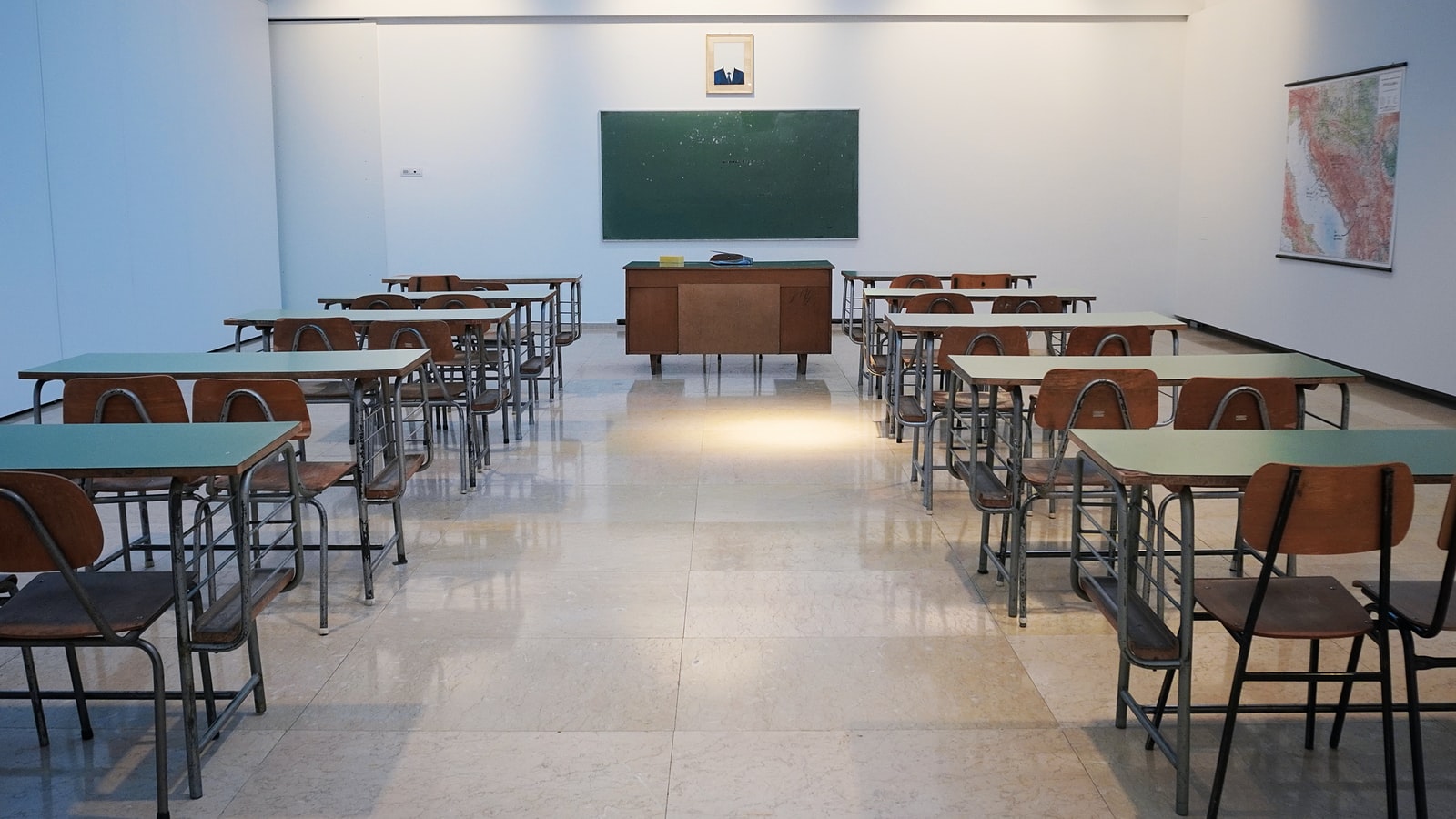I may be showing my age, but I remember (and used to believe) a Mr. Miyagi quote from The Karate Kid. He said, “There’s no such thing as a bad student, only a bad teacher.” This mantra seems to have been adopted by modern culture and the mainstream media. It’s romantic… even sexy. But it completely removes the responsibility of learning from the chief stakeholder — the learner!
To me, excelling at math (or at any acquired skill) is a lot like getting in shape. You don’t build an awesome physique by joining a gym and hiring a trainer. You build an awesome physique by going to a gym and doing the training… on a consistent basis for a long time! The worse your physical condition, the harder you need to hit the weights and cardio. Lay off the Twinkies and mix a salad in once in a while, and you’ll soon be looking and feeling better.
Similarly, students need to “eat their vegetables.” If they only hang in a classroom expecting to learn through osmosis, they will struggle. Yes, mathletes need to do deliberate practice in and out of the classroom. To use a computer analogy, showing up to class is like the downloading of the skill. The practice is the installing of the skill which is what is really needed.
I’ll be the first to admit that many topics are indeed very difficult. This difficulty can lead many students to the excuses:
- “It’s too hard,”
- “When will I ever need this,” or the worst…
- “My teacher doesn’t teach it right.” (Pretty lame considering it’s being uttered by someone who doesn’t even understand the content.)
Students are in no position to judge teachers’ abilities in topics in which they do not have deep understanding. It’s the ignorance at the so-called peak of “Mount Stupid” on the Dunning-Kruger curve. It’s best to trust those who are already successful doing what you’re just beginning to learn.
All we have is the seed, the soil, the sunshine, and the rain. If we curse all these, then how will we ever harvest?
On making it interesting…
Again, it’s math. What many folks seem not to grasp is that math is not a subject. It’s an acquired skill. And like all skills, mastery is achieved through deliberate practice. Almost all students can learn math. It’s a matter of desire and discipline. Cognitive engagement cures a lack of interest. And it is this lack of engagement that leads so many to the feeling of boredom. It’s like buying a gym membership, and just hanging out there instead of actually exercising. The gym newbies’ excuses are similar the students’ excuses:
- “That guy’s on steroids,”
- “She’s just naturally skinny,” or
- “This gym doesn’t have the right equipment.”
In my experience, those who claim to be bored wouldn’t learn any better if freaking Ramanujan were juggling flaming swords out in the front of the lectern. If you’ve ever taught polar equations or conic sections, you know what I’m talking about! 🙂
Getting technical…
Many students arrive with a not uncommon technical flaw through no fault of their own. They often arrive in high school classes lacking the rudimentary arithmetic skills needed to excel in higher maths. Not surprisingly, more challenging ideas elude them. They have left the land of the concrete operational for land of the conceptual without a tool box. With no concrete poured for their foundation, they struggle, blame themselves at first, then usually the teachers. Only the most perspicacious individuals ever realize that the system may have failed them.
Is it really a student’s fault who was knowingly sent to the next level in the educational process without adequate skills? When students don’t master requisite skills, they should not be pushed through the system; they should first be made whole. This may mean grade retention and grading policies that accurately reflect their level of content mastery.
Remember that success is a planned event. Believe in yourself.
Pay attention, do the work, and don’t give up!
And don’t forget to check out my new YouTube channel!


